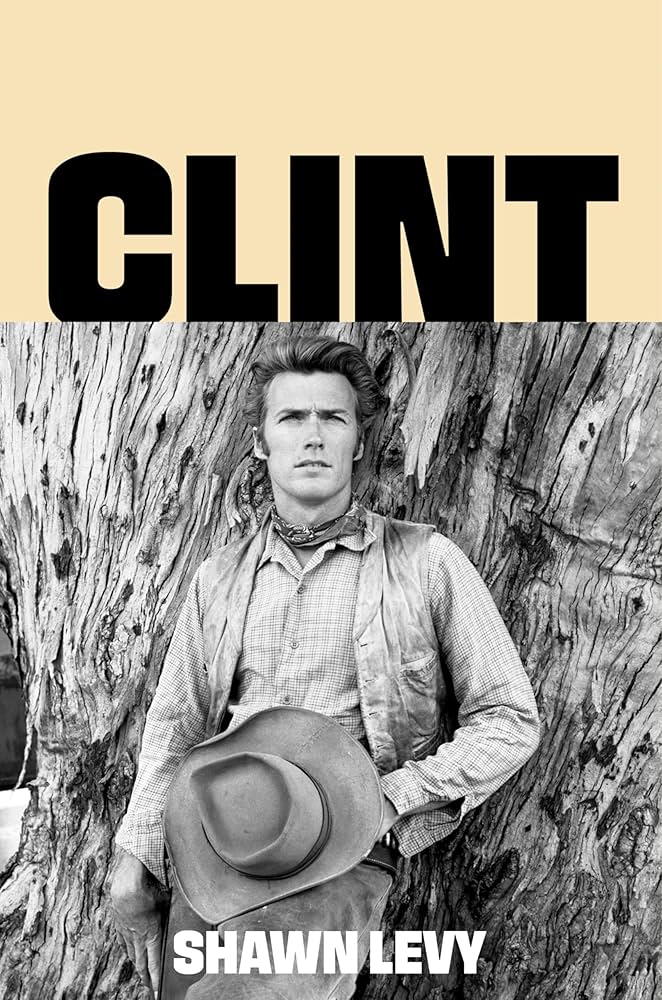Clint is not intended as an academic study, though it does feature analyses of every one of Eastwood’s directorial efforts as well as his starring roles. But these are too often wanting: Given the opportunity to stake out new interpretive terrain beyond that covered by Schickel, McGilligan, et al.—the conceptually rich, thematically fertile string of movies comprising Eastwood’s late-late period in the 2010s and ’20s—Levy takes the path of least resistance. How any critic could dismiss 2018’s The 15:17 to Paris—a movie that almost makes a fetish of its own ontological wonkiness by casting three real-life servicemen in a replay of a foiled real-life hijacking—as an “an ordinary and dull film” is beyond me, as is reducing Richard Jewell, which is almost crystalline in its contempt for the fourth estate, to a “TV movie of the week.” It would be wrong to characterize these movies as merely boring, but Levy is content to dismiss them.
Beyond his own assessments of Eastwood’s films, Levy gives us a sense of the larger critical dustups around them, including some of the same concerns about Eastwood’s political values cultivated in McGilligan’s study. Such rhetoric dates back to the heyday of the film critic Pauline Kael, who sized up Clint as a pernicious influence on American movies and their audiences. “The action genre has always had a fascist potential and it has finally surfaced,” she wrote of Dirty Harry, a movie she admired for its craft (the director was Don Siegel) and detested for the way it stoked the audience’s bloodlust, with Eastwood’s loose-cannon lawman as the silent, grimacing avatar. Kael’s animus toward Eastwood was total to the point of seeming pathological, and Levy documents their feud in vituperative detail. Wondering what he had done to incur Kael’s wrath, Eastwood consulted a psychologist, who told him that her reviews were a bizarrely flirtatious form of projection—evidence of a schoolgirl crush. Kael was appalled by the idea, but Eastwood apparently took it semiseriously, as an occupational hazard of his status as a sexual cowboy.
This sort of stuff is entertaining, and Clint supplies a nice, steady drip of gossip. Unfortunately, Levy is mostly hesitant to draw out the deep, compelling links between the man and his movies. There’s no mention, for instance, of how clearly Sondra Locke’s presence haunts a “breezy” film like The Mule, about an elderly womanizer reckoning with his myriad betrayals of his wife and daughter, the latter played by Eastwood’s real-life daughter, Alison. It’s telling that the quality Levy reveres most in Eastwood is his work ethic, a quality that functions rhetorically as a mirror for the author’s own stick-to-itiveness over what must have been a grueling 15-year project. Hence the winning humility of his parting words, with their tacit acknowledgment that whatever spot Clint ultimately ends up occupying on the shelf of Eastwood studies, it will eventually have to move over to accommodate newcomers.
